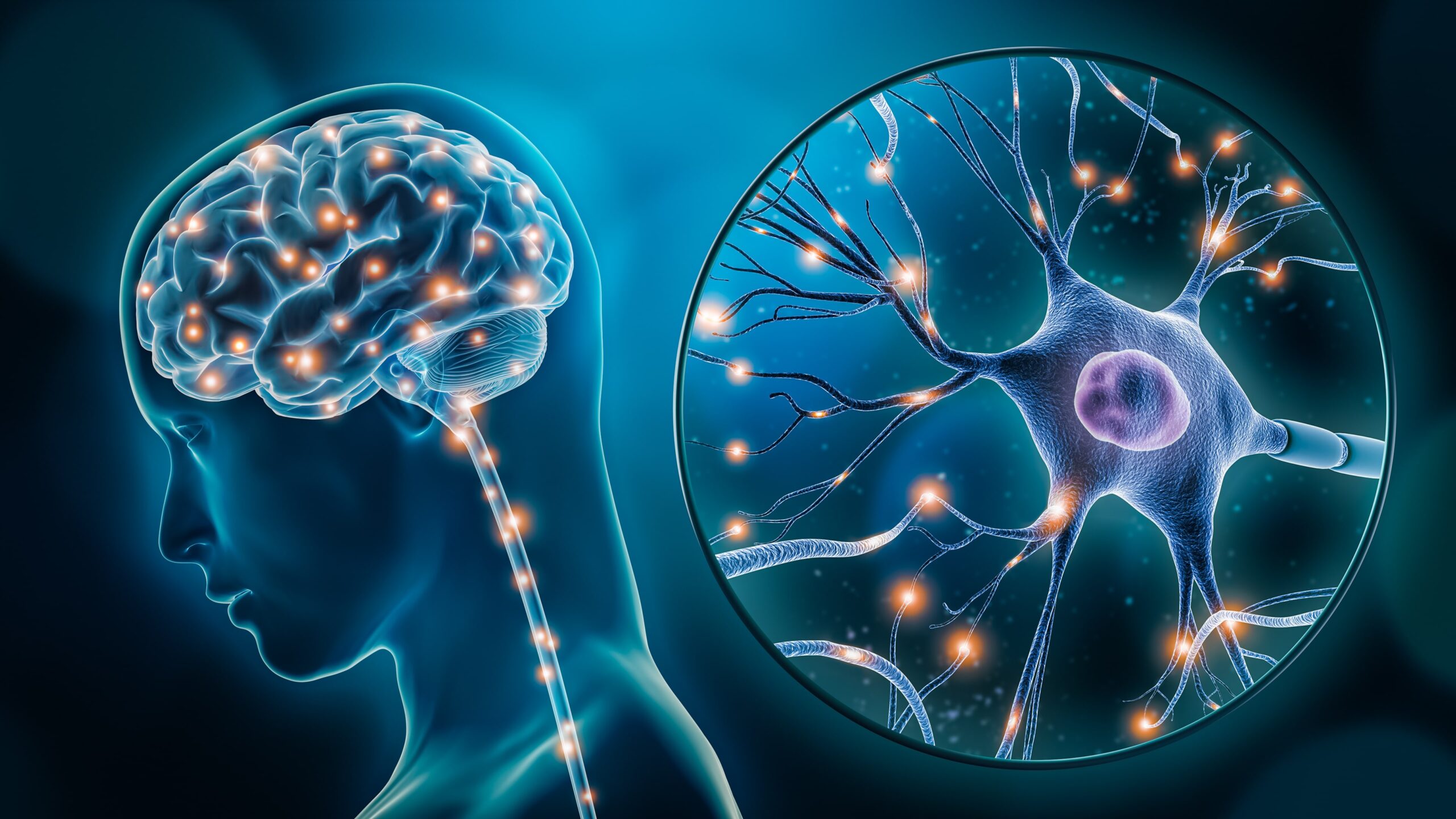The human nervous system, an intricate network of nerves and cells, is the body’s communication highway, transmitting signals between the brain and various body parts. Its delicate balance can be profoundly affected by the use of drugs, altering its functions in ways that have both short-term and long-term consequences. Exploring the impact of drugs on the nervous system sheds light on the complexities of addiction, neurological changes, and the critical need for effective addiction treatment.
The Nervous System: A Fundamental Overview
Before delving into the effects of drugs, understanding the nervous system’s fundamental workings is crucial. It comprises two primary components: the central nervous system (CNS), the brain and spinal cord, and the peripheral nervous system (PNS), encompassing the nerves that connect the CNS to the rest of the body.
Neurons, the basic units of the nervous system, transmit electrochemical signals, allowing communication between different parts of the body. These signals control movements, thoughts, emotions, and bodily functions.
The Impact of Drugs on the Nervous System
Drug use can significantly alter the normal functioning of the nervous system. Different types of drugs affect the system in various ways:
Stimulants. Stimulants like cocaine, amphetamines, and caffeine increase the release of neurotransmitters such as dopamine, which affects mood and pleasure. They overstimulate the CNS, leading to heightened alertness, increased heart rate, and elevated blood pressure. Prolonged use can disrupt the natural balance of neurotransmitters, leading to dependency and potential damage to nerve cells.
Depressants. Substances like alcohol and benzodiazepines slow down the CNS, inhibiting neurotransmitter activity. They induce feelings of relaxation and sedation but can also impair cognitive functions, coordination, and reflexes. Chronic use can lead to addiction and severe withdrawal symptoms.
Opioids. Opioids, including heroin and prescription painkillers, bind to opioid receptors in the brain, reducing the perception of pain and inducing feelings of euphoria. They also slow down vital functions like breathing, and overuse can lead to respiratory depression, addiction, and overdose.
Hallucinogens. Substances like LSD and psilocybin alter perception, mood, and cognitive processes by affecting serotonin receptors. They can cause hallucinations and distortions of reality, impacting mood regulation and memory.
Long-Term Effects and Neurological Changes
Repeated drug use can lead to profound neurological changes. Chronic drug abuse alters the brain’s structure and function, affecting decision-making, learning, memory, and impulse control. It can also impair the brain’s reward system, leading to a compulsive need for the drug to feel pleasure, ultimately contributing to addiction.
Let’s break down the specific long-term effects and neurological changes caused by chronic drug abuse:
1. Structural Changes in the Brain:
Chronic drug use can physically alter the brain’s structure. This alteration often involves changes in the density and functioning of neurons and their connections, known as synapses. For instance:
- Synaptic Plasticity: Prolonged drug use can impact synaptic plasticity, which refers to the brain’s ability to adapt and change. Alterations in synaptic plasticity can disrupt normal brain function, leading to cognitive deficits.
- Grey Matter Reduction: Some drugs, like methamphetamine and alcohol, have been linked to a reduction in gray matter volume in specific brain regions. This reduction can affect decision-making, emotions, and cognitive abilities.
2. Functional Changes in the Brain:
The functionality of the brain is significantly affected by chronic drug use:
- Impaired Decision-Making: Drug abuse can impair the prefrontal cortex, which is responsible for decision-making and impulse control. This impairment can lead to risky behaviors and poor decision-making skills.
- Learning and Memory Impairment: Drugs can interfere with the hippocampus, a brain region crucial for memory and learning. This interference can lead to memory problems and difficulties in retaining new information.
- Altered Reward Pathways: Drugs manipulate the brain’s reward circuitry, primarily involving dopamine. Over time, this alteration can reduce the brain’s natural ability to experience pleasure from everyday activities, leading to a heightened desire for the drug to regain that pleasure.
3. Impacts on Neurotransmitter Systems:
Neurotransmitters, the brain’s chemical messengers, regulate mood, emotions, and behavior. Chronic drug abuse can disrupt the balance of neurotransmitters:
- Dopamine Dysregulation: Drugs often increase dopamine levels, leading to an artificial sense of pleasure. Prolonged exposure can reduce natural dopamine production, contributing to anhedonia (the inability to feel pleasure without the drug) and reinforcing the cycle of addiction.
- Serotonin and Mood Regulation: Some drugs affect serotonin levels, impacting mood regulation. This alteration can contribute to mood disorders and emotional instability.
Treatment That Helps Heal The Nervous System
Healing the nervous system after drug abuse involves a multifaceted approach aimed at restoring its function and structure. While the nervous system has some capacity for self-repair, specific treatments and practices can aid in the healing process:
1. Medically Supervised Detoxification: For many substances, the first step involves safely removing the drug from the body. Medically supervised detoxification helps manage withdrawal symptoms and ensures a safe transition to sobriety.
2. Therapies and Counseling: Cognitive-behavioral therapy (CBT), motivational interviewing, and contingency management can help individuals recognize and modify destructive patterns of thinking and behavior associated with drug abuse.
3. Nutrition and Exercise: A balanced diet of essential nutrients and regular exercise can support overall brain health. Omega-3 fatty acids, antioxidants, and B vitamins are particularly beneficial for brain function and repair.
4. Mindfulness Practices and Stress Reduction: Mindfulness-based techniques like meditation, yoga, and deep breathing can help reduce stress and promote neuroplasticity, aiding the brain’s healing process.
5. Neurorehabilitation Programs: These programs focus on specific exercises and therapies designed to stimulate neuroplasticity, encouraging the brain to rewire and repair itself after damage caused by substance abuse.
The intricate relationship between drugs and the nervous system highlights the urgency for comprehensive strategies that prioritize education, prevention, and support for those affected. Contact us today to learn more about our programs.


 Verify Insurance
Verify Insurance
 Toll Free Call
Toll Free Call